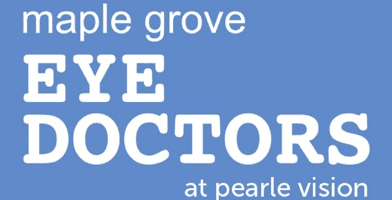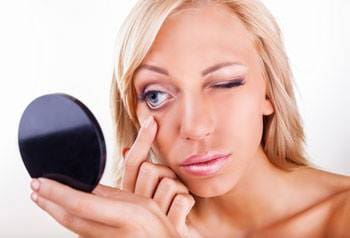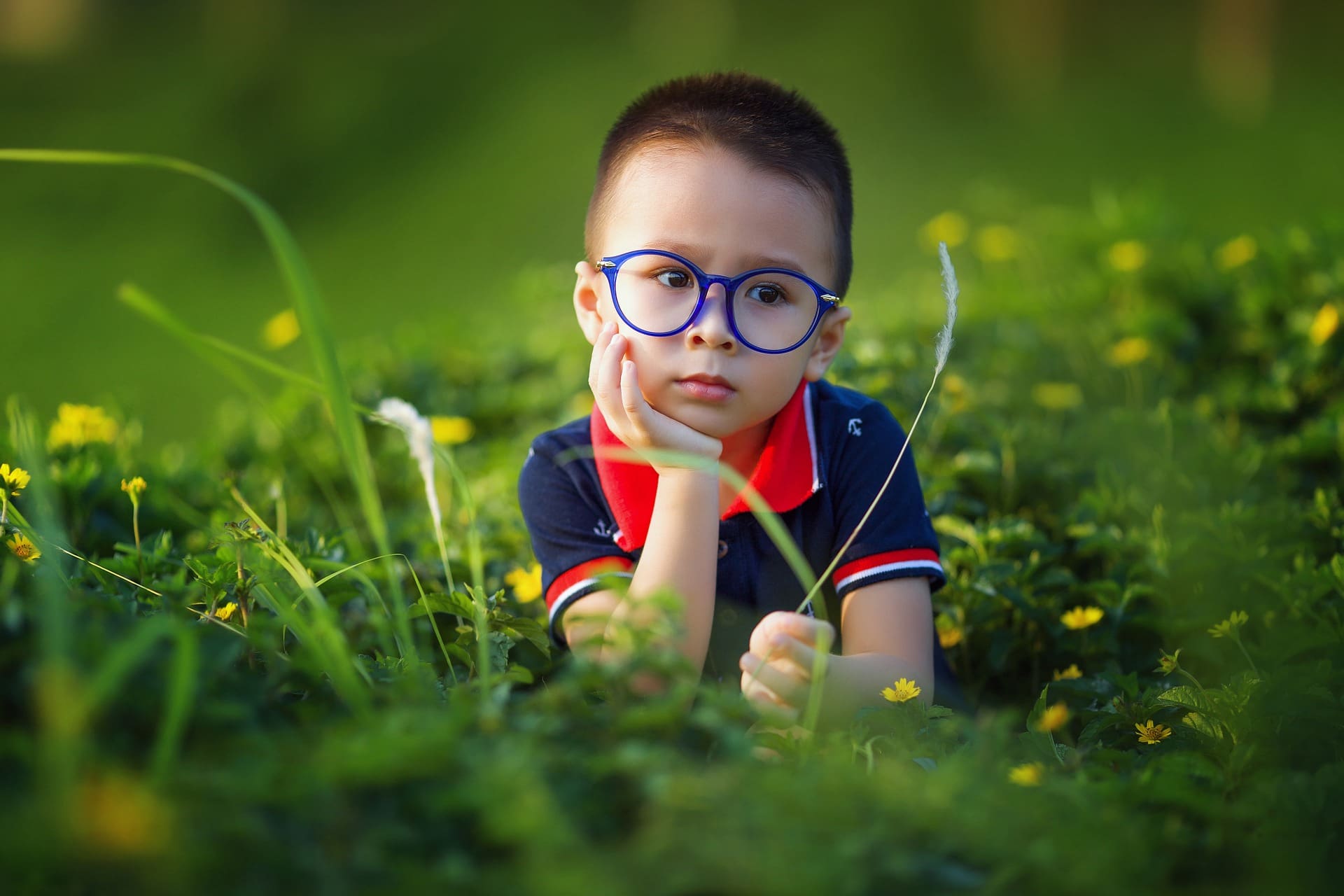Dehydration occurs when the body does not have enough fluid. As a critical element of the body, water is needed for various organs to function. When the body is not adequately hydrated, organs, including the eyes, suffer.
By definition, dehydration is when more water leaves the body than enters the body. This typically happens when people stop drinking water or lose largeamounts of fluid. Fluid loss occurs in daily bodily functions such as sweat, urination and bowel movements.Extreme heat, vomiting, diarrhea,alcohol and even diabetes increase the risk of dehydration.
The body’s initial response to a loss of fluid is to preserve the amount of fluid still in the body by conserving water. This leads to various symptoms of dehydration including thirst and dry mouth, decreased urine output, muscle cramps, headache, lightheadedness, sleepiness and a lack of tear production. When the eyes stop producing tears, they are no longer properly lubricated, which can lead to dry eye, eye strain and vision problems.
Dry eye occurs when there are insufficient tears to nourish the eye, and tears are necessary for providing clear vision. Tears wash away foreign matter in the eye and help reduce the risk of eye infections. Symptoms of dry eyes include irritation, excess watering, blurred vision and feeling foreign matter in the eye.As a symptom of dehydration, the best treatment for dry eye is rehydrating by drinking plenty of water. Eye drops can also help alleviate the symptoms by lubricating the eye and washing away foreign materials.
Tired eyes, blurred vision, headaches and double vision are all symptoms of eye strain. As with dry eye, eye strain caused by dehydration can result when the eye is not properly lubricated. Additionally, eye strain is also caused by concentrating on visual tasks or while using a digital device for an extended period of time. If caused by dehydration, drinking plenty of water will help flush out salt in the body and properly hydrate your eyes to helpreduce eye strain. Resting the eye by blinking or shutting the eye will also help alleviate eye strain. See these tips to help ease the pain of digital eye strain.
In the event of severe dehydration, more serious, life threatening symptoms may arise. Severe dehydration can also lead to kidney stones, shock, coma, organ failure and can even result in death. Symptoms include feeling confused or lethargic, not urinating for eight hours, rapid heartbeat, low blood pressure, weak pulse, inability to sweat and sunken eyes. At this point, your body desperately needs hydrating fluid and electrolytes to heal. Properly hydrating the body will usually help reverse dehydration and bring a person back to health. Severe dehydration can be life-threatening, so seek immediate help if you exhibit signs of severe dehydration.
You can prevent dehydration by drinking plenty of water throughout the day. It is especially important to intake fluid before, during and after exercise to replenish the water lost through sweating. Other tips for preventing dehydration include removing excess salt from your diet and reducing intake of alcohol, caffeine and high-protein foods. Ultimately, listen to your body.






